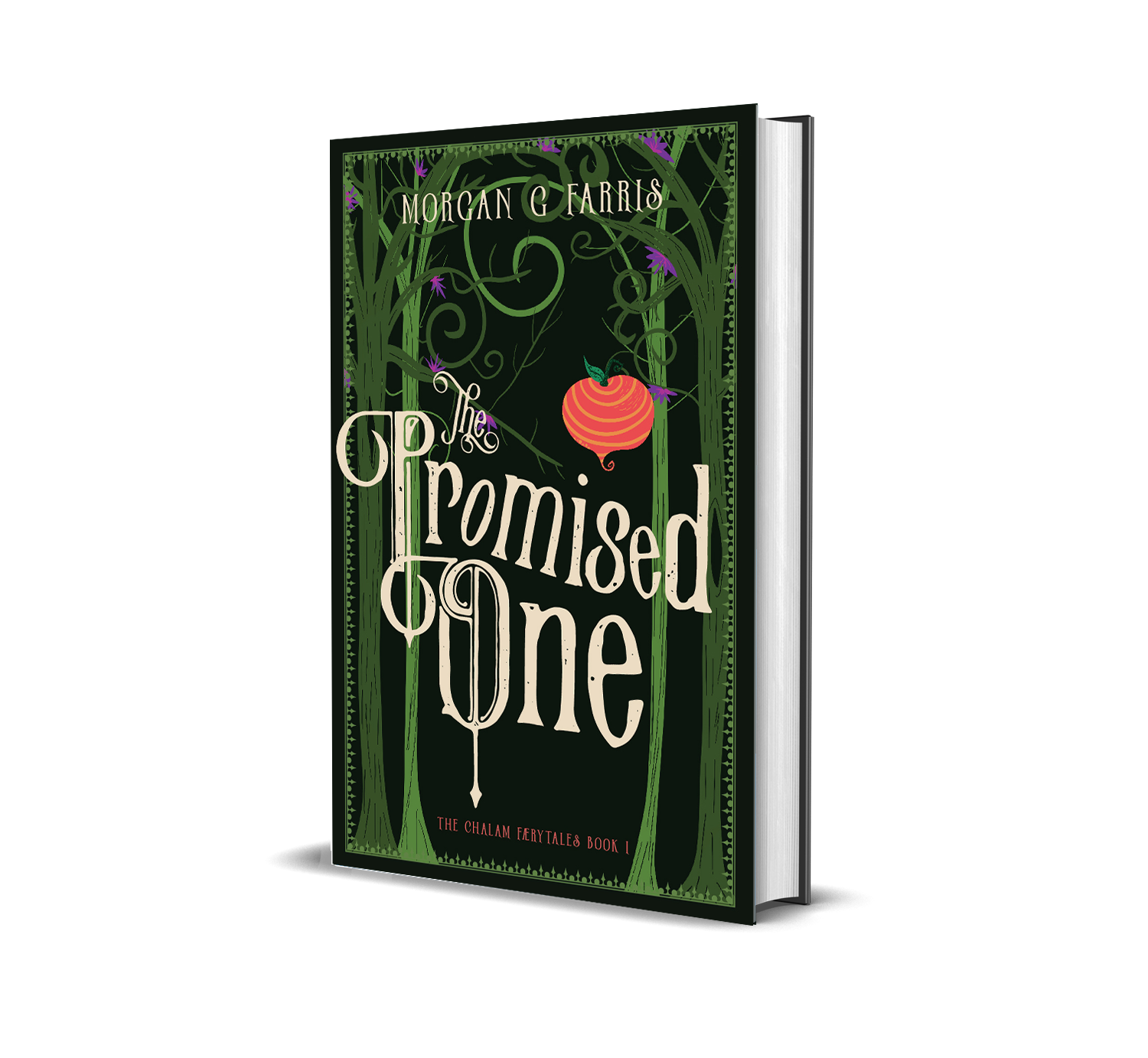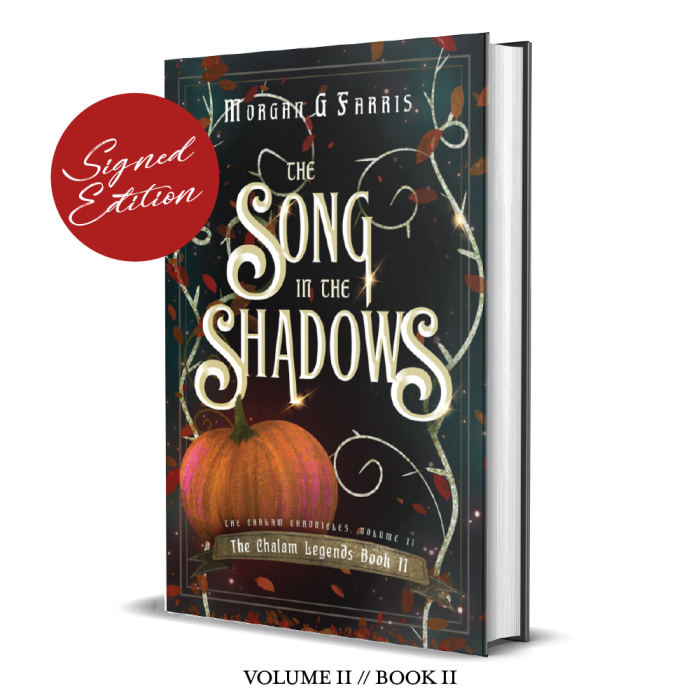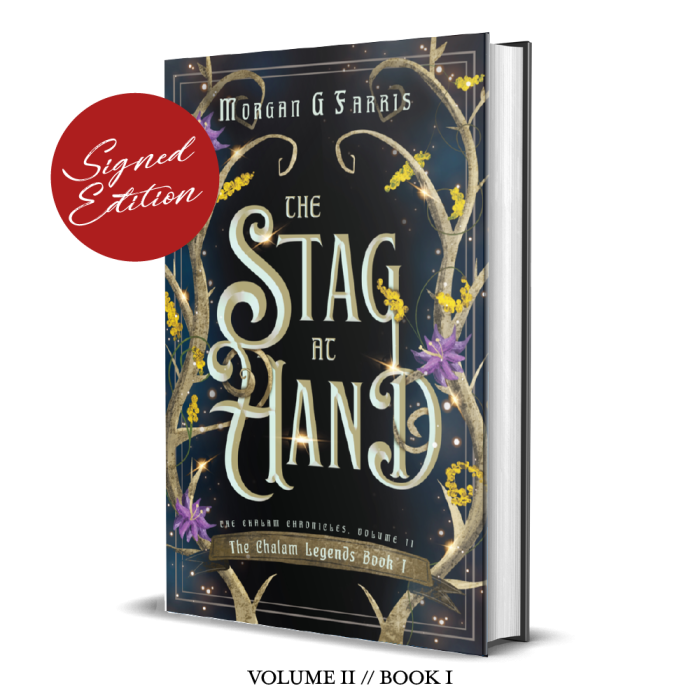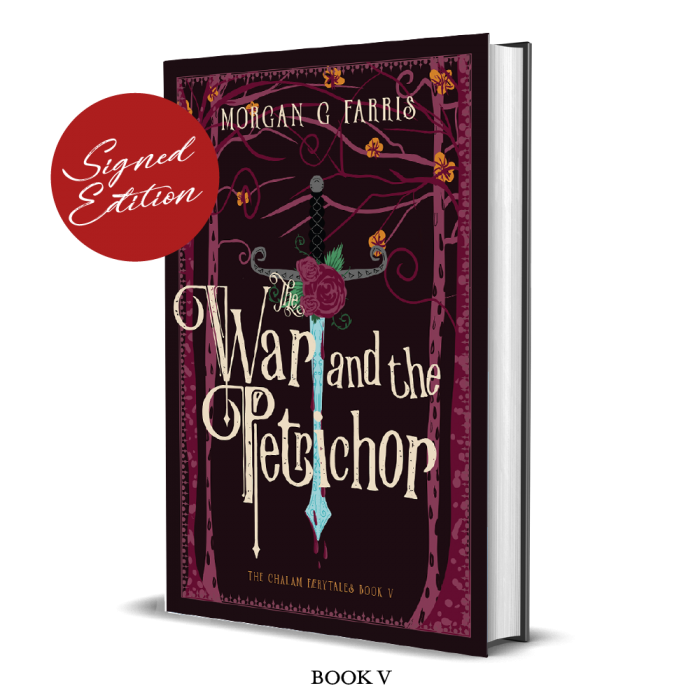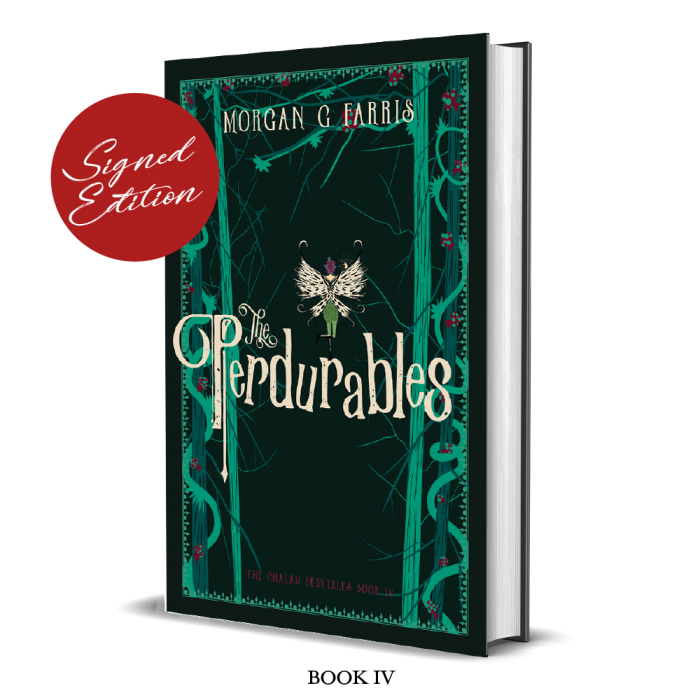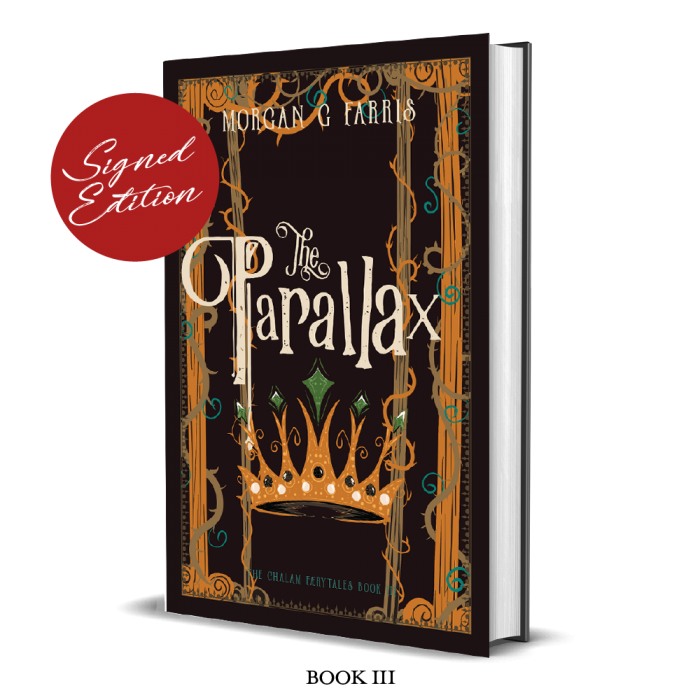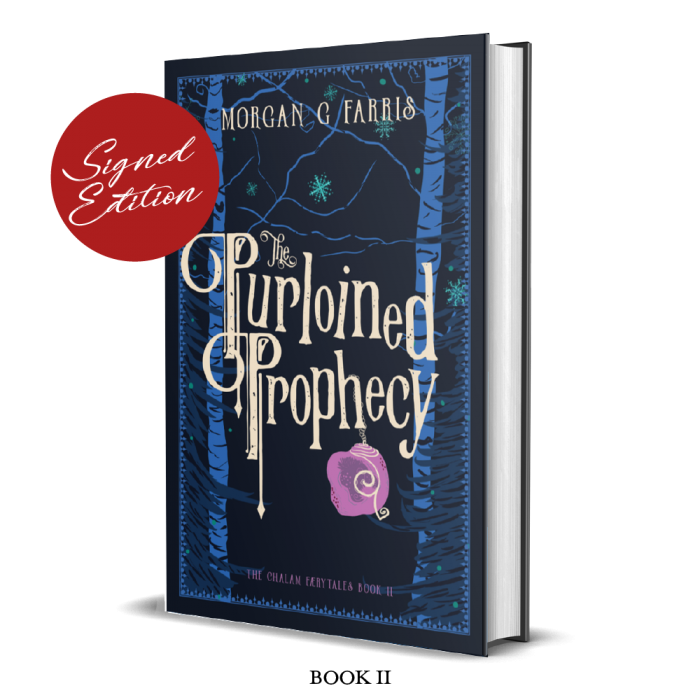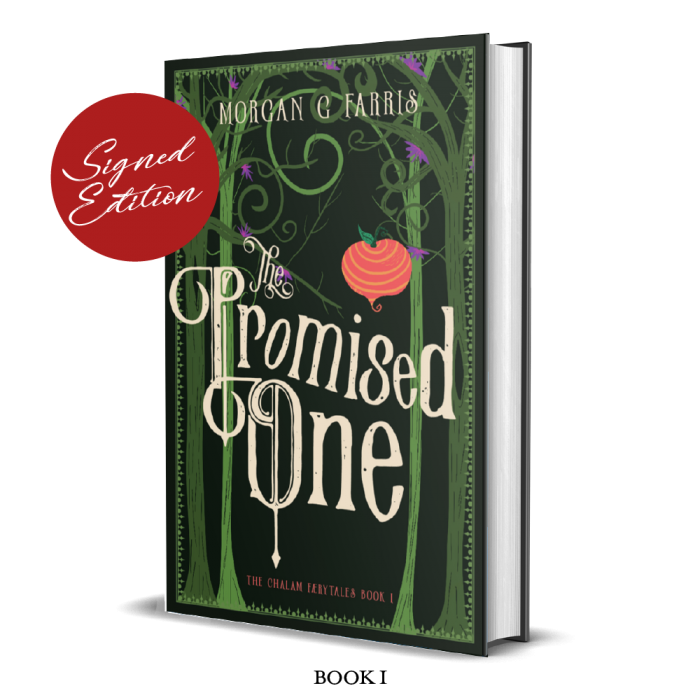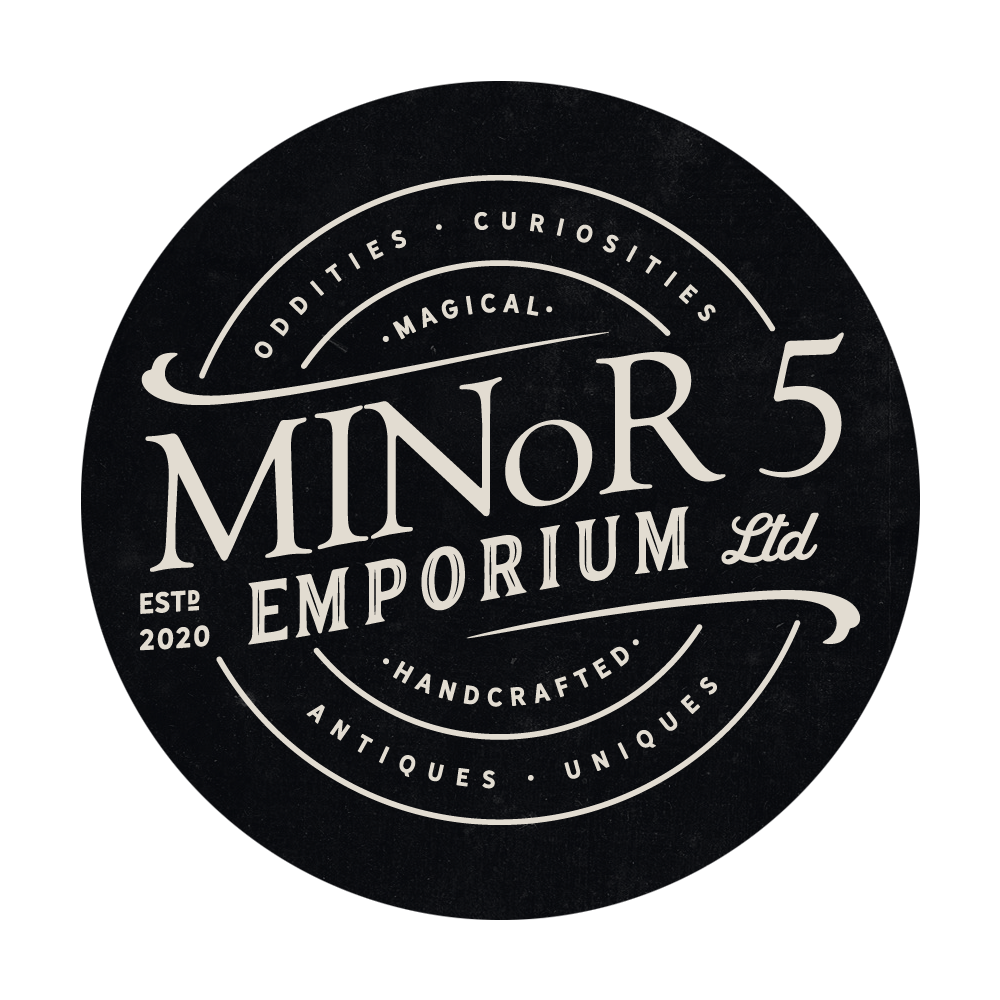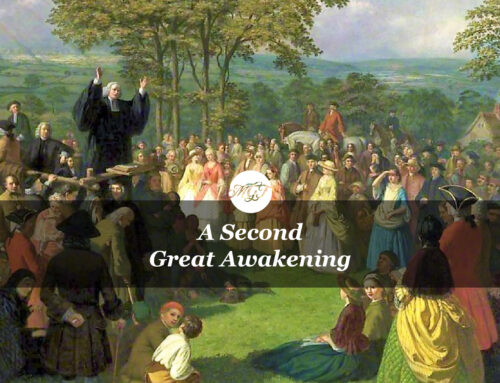Dear Mom, if you’re reading this, I’m sorry.
Sex has never been a comfortable topic for me. Partly because of my upbringing, and partly because of my faith, sex has been, for the majority of my life, somewhat of a taboo. Even after marriage, there were aspects of my sexuality that I could not bring myself to terms with (because God forbid a woman should not only enjoy it but… you know… want it). But here I am, writing this, knowing that people I know will read it. Knowing my MOM will read it (good lord in heaven). Maybe even my pastor. Most certainly my church friends.
So I guess after today, the proverbial cat’s out of the bag.
Because here’s the deal: I’ve been getting it wrong. The Church has been getting it wrong. Heck, most of the world has been getting it wrong.
And no, I’m not talking about the mechanics. (Although that’s probably part of it, it’s an aspect of sex I’m not getting into for the sake of this discussion.) I’m talking about the philosophical implications of sex. For marriage. For humanity.
Secrets and Lies
Here’s a confession: when I wrote the first novel of my series, The Promised One*, I knew that since it is, among many things, a love story, there would come a time where I’d have to address sex. There would be a moment in the arc of the characters where sex was unavoidable, at least from the perspective of how humans operate and how we’re wired. If I wanted to write real characters, sex had to be a part of the equation.
But I’m a Christian. Christians don’t write about sex. We don’t talk about sex either. We don’t read about sex (publicly, anyway). We certainly don’t discuss it in any capacity aside from counseling and a few classes now and then that whitewash the subject and simplify it into one of two categories: people who are having it when they shouldn’t, and people who can have it and don’t want to.
I don’t fit into either of those categories. And so I’ve always felt lost.
I didn’t want that for my characters. I read great non-Christian novels and find that sex is this exciting, celebrated thing. But I’ve been reared in a culture that in many ways told me the opposite. I’ve been reared in a culture that told me my sexuality is a stumbling block for men. I’ve been reared in a culture that told me men only want me for sex. I’ve been reared in a culture that told me I shouldn’t want it until the right time, and then I should want it, but not too much. I should want it just enough that I’m still modest and proper. But I shouldn’t be prudish–that’s just annoying. I was reared in a culture that taught me that virginity is the ultimate goal, not purity. I was reared in a culture that told me if I am a woman and I have sexual desires, there is probably something wrong with me.
Now none of these things were taught verbatim. It was intrinsic. These were concepts drilled in to me over years and years in the Church, and in the South. These were ideas birthed from the I Kissed Dating Goodbye and True Love Waits generation. I grew up wanting to be counter-cultural. I grew up with a desire to please God with my body, among all other aspects of my life. I just did not grow up understanding how to do that.
Needless to say, my view of my own sexuality was warped and I didn’t even know it. I let men define me. I let the attention of the opposite sex shape who I thought I was. I let the Church tell me my body was shameful. And I let all of that become this monster lurking in the corner of my soul, telling me I was wrong to enjoy any aspect of sex.
Even with my husband.
Then I wrote a novel.
The Author’s Guide to Self-Diagnosis
There is something cathartic about writing fiction. Ask any author and they’ll tell you the same. We are our own psychotherapists. And we figure ourselves out through the lenses of the fictional characters and worlds we create. I certainly did. Through the eyes of my characters, I realized that I should stop fearing sex. So, naturally, like a good Christian, when it came time to write the inevitable union of my two main characters, I was terrified. Utterly terrified.
Not of writing it. No, I wrote it. In fact, I wrote many, many versions of it, mulling it over. Thinking. Praying. Wondering how I should convey it. If I should convey it at all. For two years, I kicked around the fictional sex can (yes, I just said fictional sex can), wondering how I should proceed. I was lost in the weeds of conflicting world views and convictions. I did not know how to land on any sort of conclusion.
Until I read the Bible.
Have you ever read Song of Solomon? I hadn’t really paid a lot of attention to it, despite the fact that I’ve read it many times over the years. I remember growing up in private school, my fifth grade teacher got on to me and my friends when he caught us reading it during our free time one day. “Do you want me to tell your parents you were reading Song of Solomon?” he asked, leering over us with disdain. At the time, my mortified soul answered with a resounding no, and I quickly shut my Bible and put it away, heart pounding.
Looking back, I see how that one moment shaped so much of my views for so long. When I really dug into the book this time, I realized how much I had been missing.
Sex in the Bible
Talk about graphic! Song of Solomon does not gloss over the finer aspects of the act itself, colorful body descriptions notwithstanding.
Like the tower of David is your neck, built for weapons. A thousand shields are hung on it —all shields of warriors. Your two breasts are like two fawns, like twin gazelles grazing among the lilies. Until the day cools and the shadows flee away, I will go to the mountain of myrrh and to the hill of frankincense. ~Song of Solomon 4: 4-6
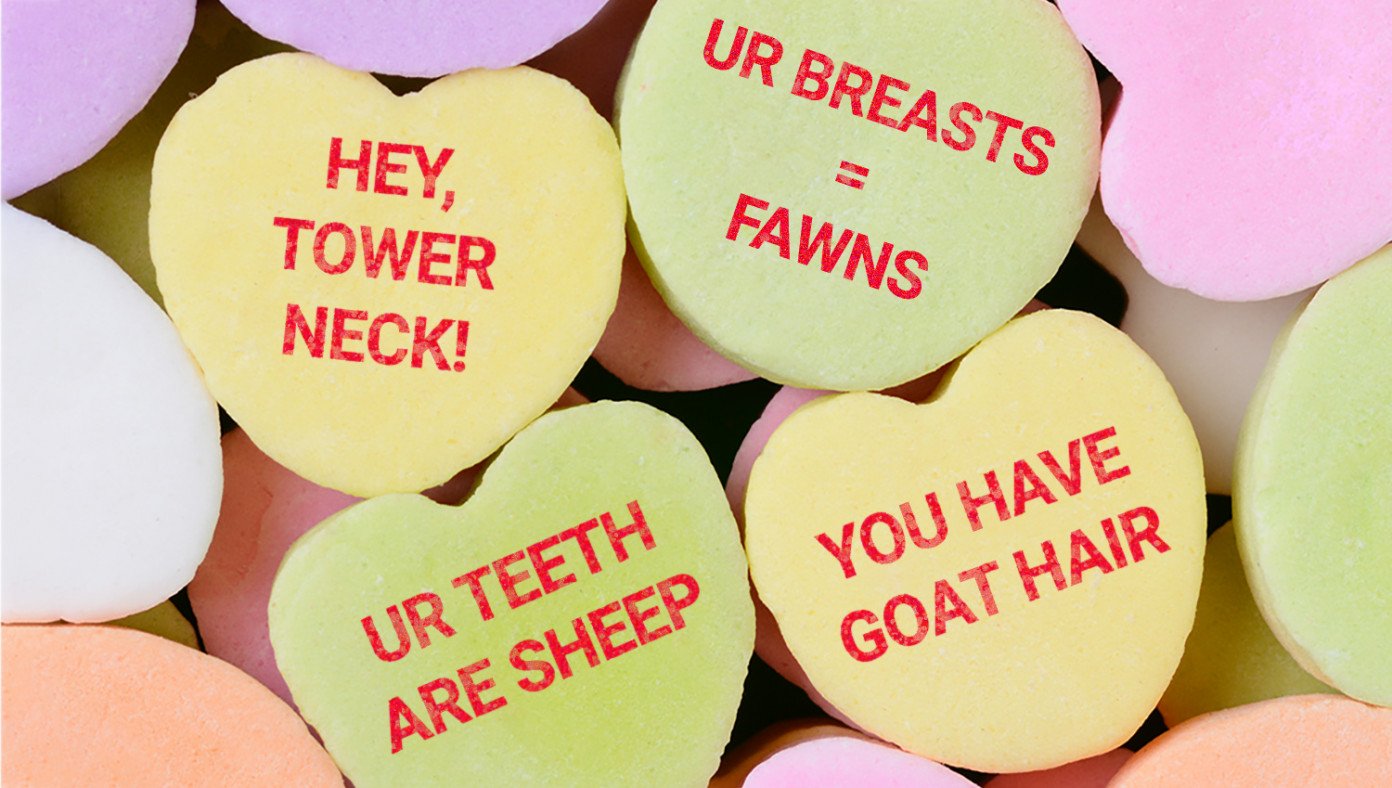 King Solomon knows how to compliment a lady, amiright? The couple is brazenly hot to trot for each other, and they don’t mind letting us know. And I realized something–it’s not God that’s ashamed of sexuality, it’s us. The Church. Even humanity. Because on the other side of this token, I challenge you to read or watch a story that involves sex where positive words are used to describe it. Words like “wicked,” “naughty,” and “dirty” are rampant in most modern descriptions of sex. And it breaks my heart–to associate something so profound with words that cheapen it. That turn it into something we hide in the night. That turn it into a game for only the daring. For only the most base. Intimacy may be private, but it’s not a dirty secret. There’s a difference. And that difference will shape every bit of our sexual experience.
King Solomon knows how to compliment a lady, amiright? The couple is brazenly hot to trot for each other, and they don’t mind letting us know. And I realized something–it’s not God that’s ashamed of sexuality, it’s us. The Church. Even humanity. Because on the other side of this token, I challenge you to read or watch a story that involves sex where positive words are used to describe it. Words like “wicked,” “naughty,” and “dirty” are rampant in most modern descriptions of sex. And it breaks my heart–to associate something so profound with words that cheapen it. That turn it into something we hide in the night. That turn it into a game for only the daring. For only the most base. Intimacy may be private, but it’s not a dirty secret. There’s a difference. And that difference will shape every bit of our sexual experience.
The Church told me it’s a dirty secret meant only for the marriage bed. Pop culture told me it’s a dirty secret only for the naughty.
None of us are getting it right.
So if it’s not wicked and it’s not taboo, if it’s not dirty or shameful… then it must be something else.
What if it’s a gift?
Yeah, yeah, we’ve all heard that. Our parents probably told us something like that when we got the birds and the bees talk. You remember that day. “Mom, you’re embarrassing me. Stop!” But what if she was right? Maybe not in every nuance of the meaning, but in the gesture. Maybe the gift is our sexuality. I’ll say it again: maybe our sexuality is a gift. To be explored. To learn. To understand.
Certainly not to fear. Or hide. Or gloss over.
Maybe sex is a glimpse of the divine.
My husband is the one who opened my eyes to this (and no, not in the way you’re thinking. Get your mind out of the gutter). He told me once that since God is neither male nor female, there is only one way that humanity can get a glimpse of the whole picture of who he is–when a man and a woman are in union. And when man and woman come together, they create life. Only God can create life, but God the Creator gave us a glimpse of that wonder with sex. He let us experience a glimpse of his divinity. With sex.
Damn.
So yeah, when I realized all of that, I decided I would take the risk of offending my Christian friends and portray sex in my novels. And not in fade-to-black, keep-it-G-rated implications. But in reality. Not eroticism. Sex. The gift. In all its glory. In all its flaws. Virgins and prostitutes and kings and men. Some who found love and kept it. Some who don’t know how to love. Some who love in all the wrong ways. Sex. The human experience. Nothing white-washed about it.
I’m glad I did.

